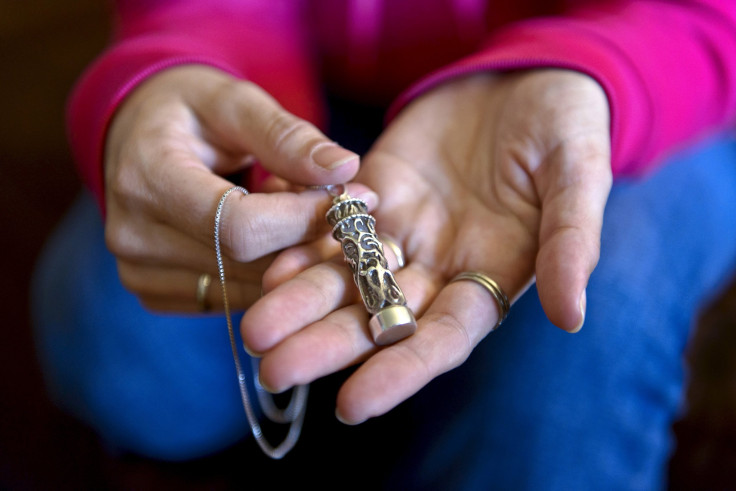Males and younger adults at an increased risk of prescription opioid use disorders

Researchers from Columbia University Medical Centre have revealed that chronic pain increases the risk of opioid addiction. In fact, significant pain may raise the risk of opioid addiction by 41 percent.
The findings of the study have been published in American Journal of Psychiatry. The study also revealed that even though males and younger adults are at an increased risk of prescription opioid use disorders, older adults and females are more likely to report pain.
The researchers came to the conclusion after analysing data from a national survey of alcohol and substance use in more than 34,000 adults in two waves, three years apart. They examined pain prescription opioid use disorders at each stage together with other variables including alcohol and behavioural problems, family history of drug use, mood or anxiety disorders, gender and age.
As per the study, patients reporting pain with prescription opioid use disorders, were more likely to report on other variables such as anxiety and mood disorders or have family history of alcohol use disorder.
“These findings indicate that adults who report moderate or more severe pain are at increased risk of becoming addicted to prescription opioids. In light of the national opioid abuse epidemic, these new results underscore the importance of developing effective, multimodal approaches to managing common painful medical conditions,” MD, MPH, professor of psychiatry at Columbia University Medical Centre and senior author of the report, Mark Olfson, said in a statement.
The study suggested that if at all opioids are prescribed by clinicians, it is important for them to examine patients with utmost care for signs of opioid addiction.
“In evaluating patients who present with pain, physicians should also be attentive to addiction risk factors such as age, sex, and personal or family history of drug abuse. If opioids are prescribed, it is important for clinicians to monitor their patients carefully for warning signs of opioid addiction,” Olfson added.






